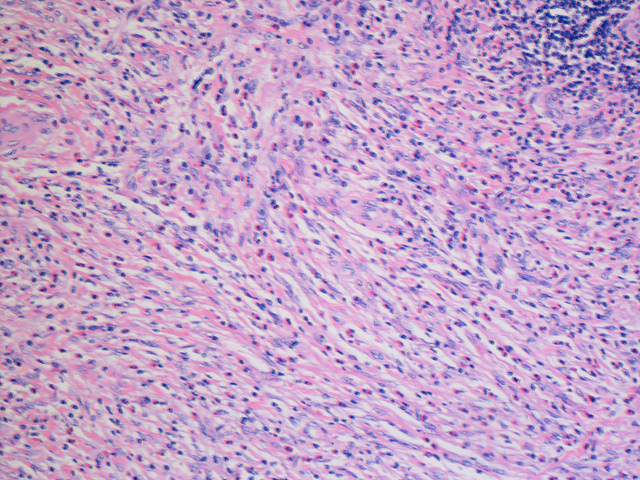2 min read
169 Views
Editorial Staff
Understanding how to Treat Fibroids: Medications Option
If you want to learn how to treat fibroids, it is important you first appreciate that there is no single [...]
I
f you want to learn how to treat fibroids, it is important you first appreciate that there is no single best approach to treating this disease. You should talk with a qualified physician about options for symptom relieve if you have any symptoms. For women with the disease experience no signs or symptoms, watchful waiting can be the better choice. Since fibroids rarely interrupt the pregnancy, are not cancerous, and tend to shrink after menopause, such women do not have to go for treatment unless advised otherwise by a qualified medical doctor.
Professional guidelines on how to treat fibroids provide that medications target hormones that regulate the menstrual cycle of the patient. The objectives of any fibroids treatment method are not to eliminate but shrink the fibroids. Here are the treatment methods.
GN-RH Agonists
GN-RH agonists stop estrogen and progesterone production. By doing so, the medication puts the patient into a temporary postmenopausal state. Consequently, that makes the end of menstruation and fibroids shrink. Doctors recommend that people should use GN-RH agonists for over three to six months since symptoms return when the medicine is stopped, and long-term use also increases the risk of losing bones.
Progestin-Releasing Intrauterine Device
Another medical way of treating fibroids is using the progestin-releasing intrauterine device. This device can relieve heavy bleeding. It only provides symptom relief but does not either make them disappear or shrink.
Other Medications
There are also other medications that a doctor can recommend to a patient. Oral contraceptives are an excellent medical way of treating fibroids. Non-hormonal medications such as Nonsteroidal anti-inflammatory drugs are also effective in relieving pain related to this medical condition. In some cases, doctors recommend that patients take vitamins and iron, especially if they are experiencing heavy menstrual bleeding and anemia.
Conclusion
Medications option is a common and effective way of treating fibroids, and some of the medication choices are using GN-RH agonists, progestin-releasing intrauterine device, oral contraceptives, Nonsteroidal anti-inflammatory drugs, and taking vitamins and iron. Knowing how to treat fibroids could help a patient understand the best treatment choices and how they work in the body.
[Photo: flickr.com]






